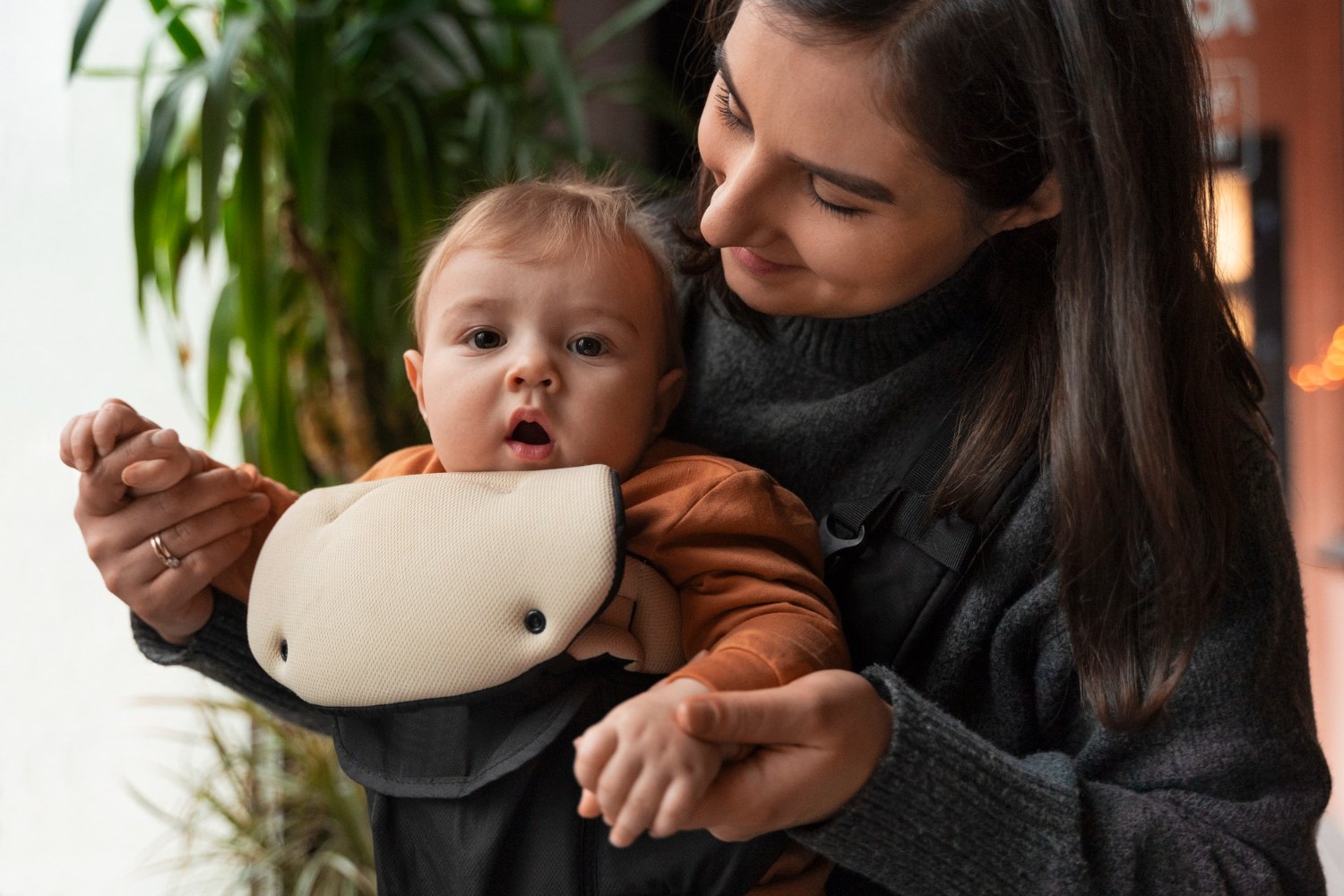
WHAT TO EXPECT?
BEFORE YOU ARRIVE
When booking, you'll need to provide your and your baby’s details (feeding history, date of birth, GP details, NHS number). Your baby must be under 12 months old, healthy, and have had vitamin K.
Bring your baby’s health record (red book) and a blanket or towel for swaddling. Be prepared to feed your baby (breast or bottle) after the procedure. Clinic details and parking info are on our website.
DURING THE APPOINTMENT
On arrival, check in with reception. You'll be taken to the treatment room for a consultation—feel free to ask questions anytime. We’ll assess your baby’s feeding history, tongue function, and appearance. If a tongue-tie division is needed, we’ll explain the procedure, and you’ll need to sign a consent form. Not all babies need the procedure—our specialists can support feeding improvements if needed..
No anaesthetic is needed as the procedure is quick and nearly painless. An INFANTTS breastfeeding team member will hold your baby’s mouth open and lift their tongue. Round-ended scissors will make a small cut to divide the tongue-tie, with gauze used to stop any minor bleeding. Your baby will be returned to you for feeding right after.
AFTER TONGUE-TIE DIVISION
You’ll receive advice on positioning and latching for breastfeeding or bottle-feeding, along with our Post Tongue-Tie Release Aftercare Advice leaflet, packed with helpful tips and exercises. You’ll also get exclusive access to our online community to connect with experts and other families.
We recommend ongoing support from local breastfeeding groups, your health visitor, or midwife—our team can help guide you to local services.
After your appointment, you’ll get a medical letter for your GP and an update in your baby’s health record (red book). We’ll check in with you about a week later to see how you’re both doing.



